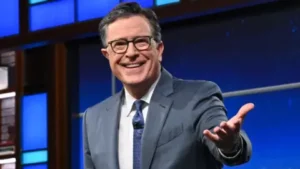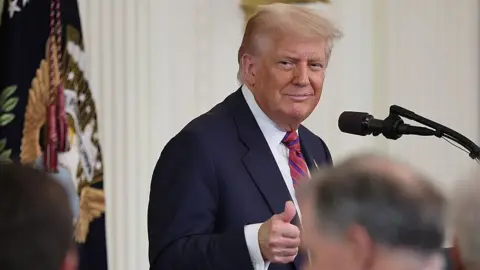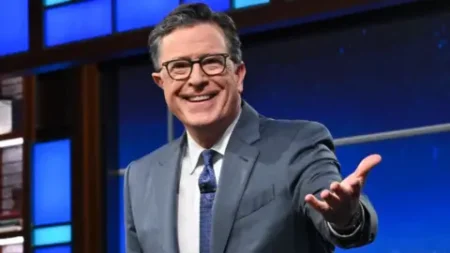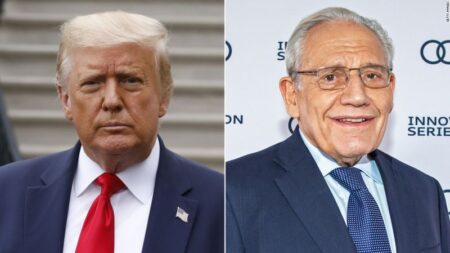The Trump administration is currently embroiled in legal complexities as it seeks to unseal documents related to the notorious sex offender Jeffrey Epstein. This request by the U.S. Justice Department follows significant scrutiny regarding how the Trump administration has previously managed the Epstein case. The recent developments have ignited public interest, raising concerns about transparency in a case involving grave criminal allegations, which includes sex trafficking of numerous young girls.
At the heart of the request by the Justice Department is the demand for disclosures of transcripts from the grand jury involved in the 2019 case against Epstein. Typically, materials associated with grand juries are shrouded in confidentiality, protected by law to ensure the safety and privacy of witnesses and informants. However, the government contends that the materials related to Epstein’s case—which reportedly involved the trafficking of girls as young as fourteen—qualify as matters of public interest deserving of unsealing.
Simultaneously, the political landscape around this issue has become tumultuous, particularly following an article published by the Wall Street Journal. This piece alleged that Trump had written a personal and risqué birthday note to Epstein in 2003. Trump has vigorously denied these claims, labeling the note as “fake” and asserting that such language does not reflect his typical communication style. Following the article’s publication, Trump took legal action against the Wall Street Journal’s parent company, along with its owner Rupert Murdoch and the article’s authors. This lawsuit, reportedly worth $10 billion, cites defamation and claims of slander based on the portrayal of the letter.
The figure of Pam Bondi, the Attorney General, has become increasingly significant in this unfolding drama. Trump directed her to pursue the release of documents related to Epstein’s case to alleviate mounting pressure from his supporters, many of whom have demanded a more explicit account of the administration’s dealings with Epstein. However, Bondi’s shifting stance—having previously indicated that a “client list” connected to Epstein existed, only to later retract that statement—has left many of Trump’s staunch loyalists feeling disillusioned and questioning their support.
The pervasive discontent among Trump’s follower base became evident when a Republican sheriff, Chad Bianco, expressed his disappointment concerning the handling of the Epstein-related documents. Many of these supporters feel an increasing frustration, believing their calls for transparency and accountability are being ignored. Calls for the resignation of bondi have surfaced as a response to her perceived backtracking on releasing Epstein-related documentation.
Moreover, legislators from both sides of the aisle, including high-profile representatives like Marjorie Taylor Greene and Alexandria Ocasio-Cortez, have joined forces in a rare bipartisan effort to demand the complete public disclosure of unclassified records related to Epstein from the Department of Justice. Their push includes a discharge petition aimed at ensuring that all relevant documents become accessible to the public in a format that is easy to search and download.
The revelations surrounding Trump’s past friendship with Epstein have also reignited discussions about the former president’s relationship with media mogul Rupert Murdoch. Their longstanding connection—as evidenced by Murdoch’s attendance at high-profile events with Trump—has added another layer to the ongoing scrutiny about media manipulation and its impacts on political narratives.
Amid the political fallout and legal inquiries, the question of whether crucial details about Epstein’s activities will ever be made public remains unanswered. The lack of clarity surrounding what information might be disclosed has led to speculation about the implications for not only Trump but also the broader social and legal ramifications concerning Epstein’s network of associates.
As the situation develops, it remains to be seen how the judiciary will approach the request to unseal the Epstein documents, as well as how Trump’s lawsuits against the media will unfold. The ongoing discourse not only surrounding Epstein’s case but related controversies exemplifies the turbulence within the current American political landscape. Thus, this saga exemplifies the complexities where legal matters and political ties intertwine, potentially reshaping public opinion as more information becomes accessible.











